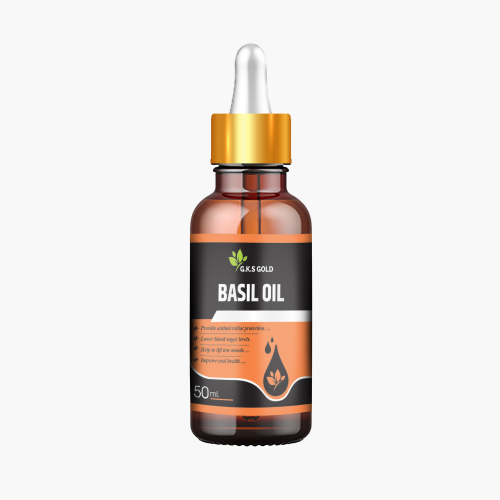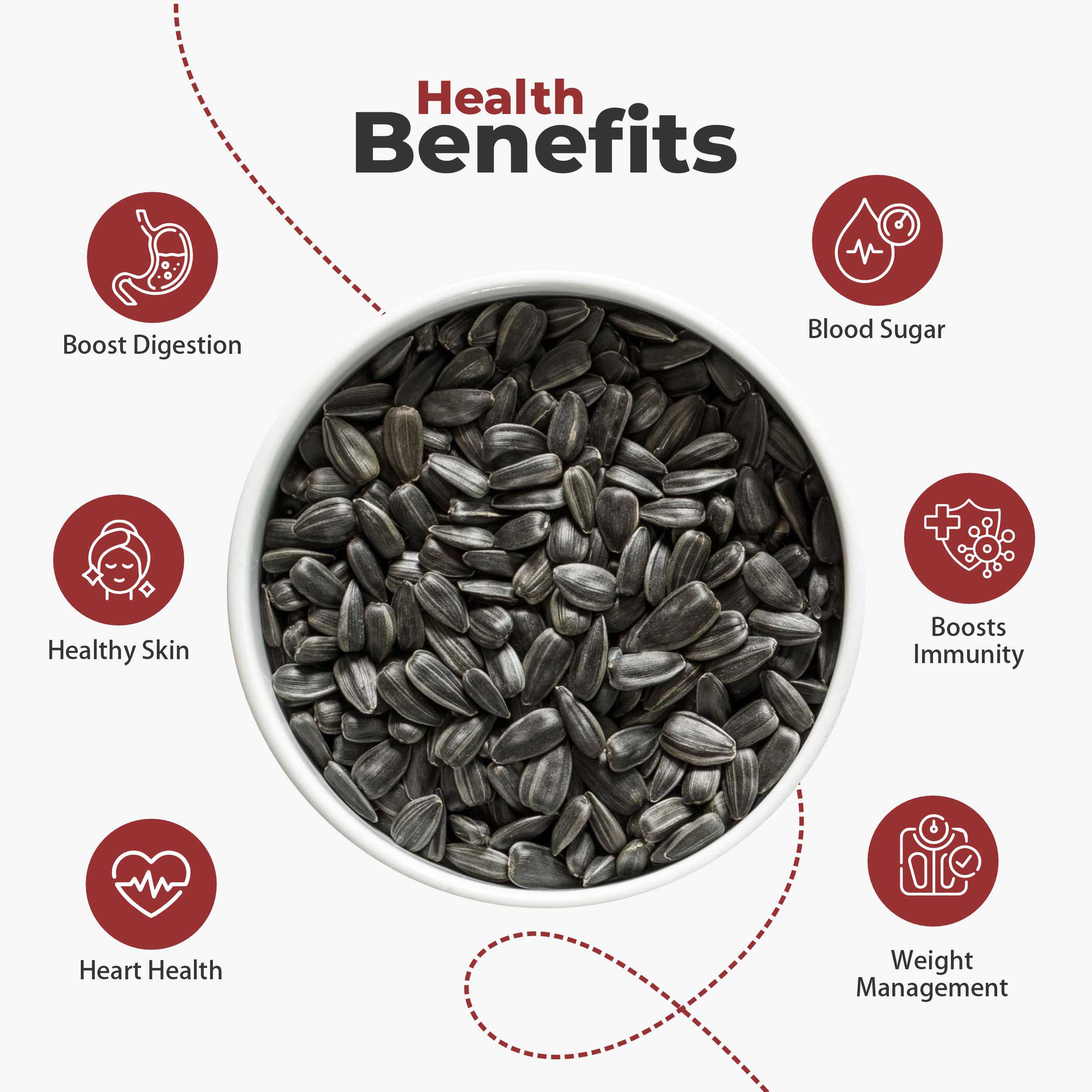Gks Sunflowers Seeds 250Gm
In Stock
Payment. Payment upon receipt of goods, Payment by card in the department, Google Pay, Online card, -5% discount in case of payment
Warranty. The Consumer Protection Act does not provide for the return of this product of proper quality.
Description
Sunflower seeds may help lower blood pressure, cholesterol and blood sugar as they contain vitamin E, magnesium, protein, linoleic fatty acids and several plant compounds
Furthermore, studies link sunflower seeds to multiple other health benefits.
Inflammation
While short-term inflammation is a natural immune response, chronic inflammation is a risk factor for many chronic diseases
For example, increased blood levels of the inflammatory marker C-reactive protein is linked to an increased risk of heart disease and type 2 diabetes
In a study in more than 6,000 adults, those who reported eating sunflower seeds and other seeds at least five times a week had 32% lower levels of C-reactive protein compared to people who ate no seeds
Though this type of study cannot prove cause and effect, it is known that vitamin E — which is abundant in sunflower seeds — helps lower C-reactive protein levels
Flavonoids and other plant compounds in sunflower seeds also help reduce inflammation
Heart Disease
High blood pressure is a major risk factor for heart disease, which can lead to heart attack or stroke
A compound in sunflower seeds blocks an enzyme that causes blood vessels to constrict. As a result, it may help your blood vessels relax, lowering your blood pressure. The magnesium in sunflower seeds helps reduce blood pressure levels as well
Additionally, sunflower seeds are rich in unsaturated fatty acids, especially linoleic acid. Your body uses linoleic acid to make a hormone-like compound that relaxes blood vessels, promoting lower blood pressure. This fatty acid also helps lower cholesterol
In a 3-week study, women with type 2 diabetes who ate 1 ounce (30 grams) of sunflower seeds daily as part of a balanced diet experienced a 5% drop in systolic blood pressure (the top number of a reading)
Participants also noted a 9% and 12% decrease in “bad” LDL cholesterol and triglycerides, respectively
Furthermore, in a review of 13 studies, people with the highest linoleic acid intake had a 15% lower risk of heart disease events, such as heart attack, and a 21% lower risk of dying of heart disease, compared to those with the lowest intake
Diabetes
The effects of sunflower seeds on blood sugar and type 2 diabetes have been tested in a few studies and seem promising, but more research is needed
Studies suggest that people who eat 1 ounce (30 grams) of sunflower seeds daily as part of a healthy diet may reduce fasting blood sugar by about 10% within six months, compared to a healthy diet alone
The blood-sugar-lowering effect of sunflower seeds may partially be due to the plant compound chlorogenic acid
Studies also suggest that adding sunflower seeds to foods like bread may help decrease carbs’ effect on your blood sugar. The seeds’ protein and fat slow the rate at which your stomach empties, allowing a more gradual release of sugar from carbs

Gks Sunflowers Seeds 250Gm
Original price was: ₹175.00.₹100.00Current price is: ₹100.00.In Stock
















Reviews
There are no reviews yet.